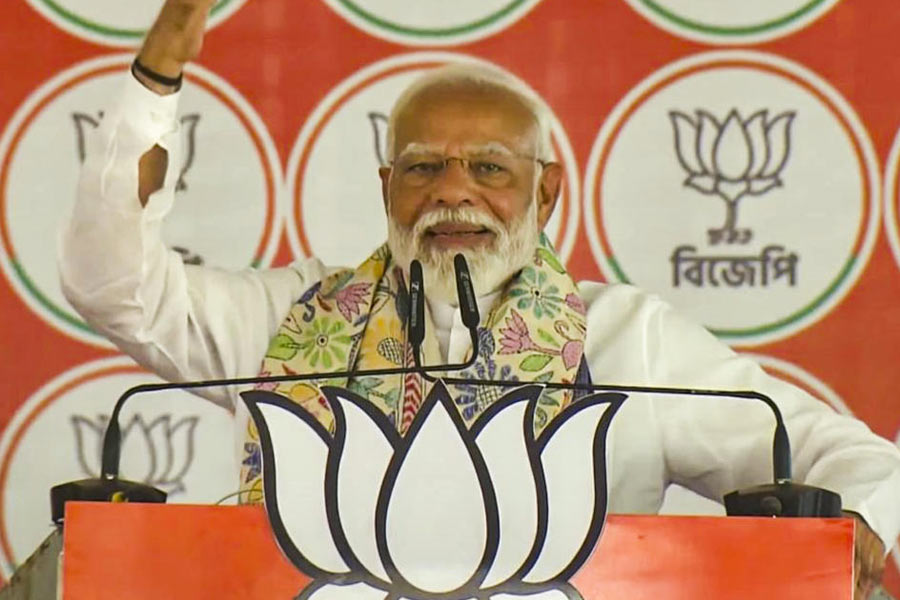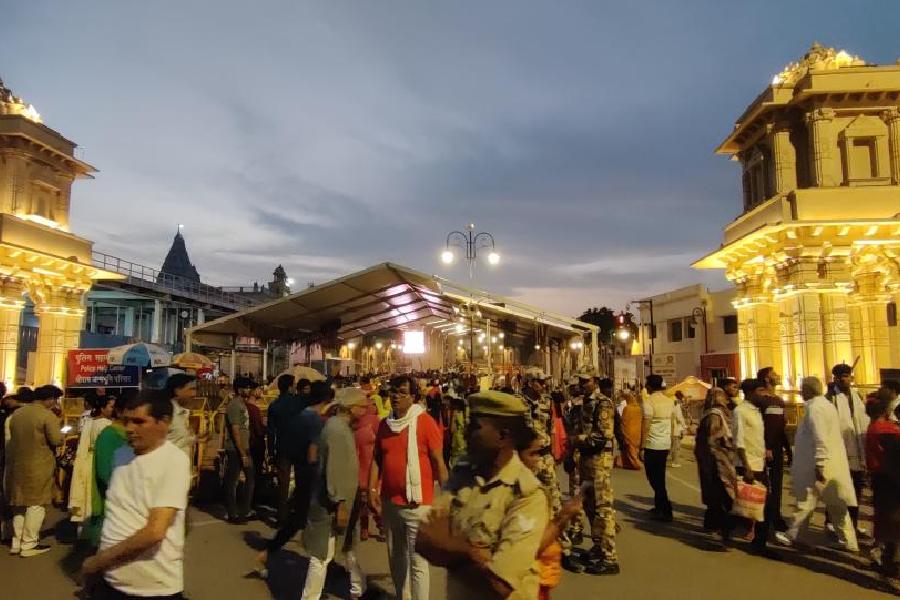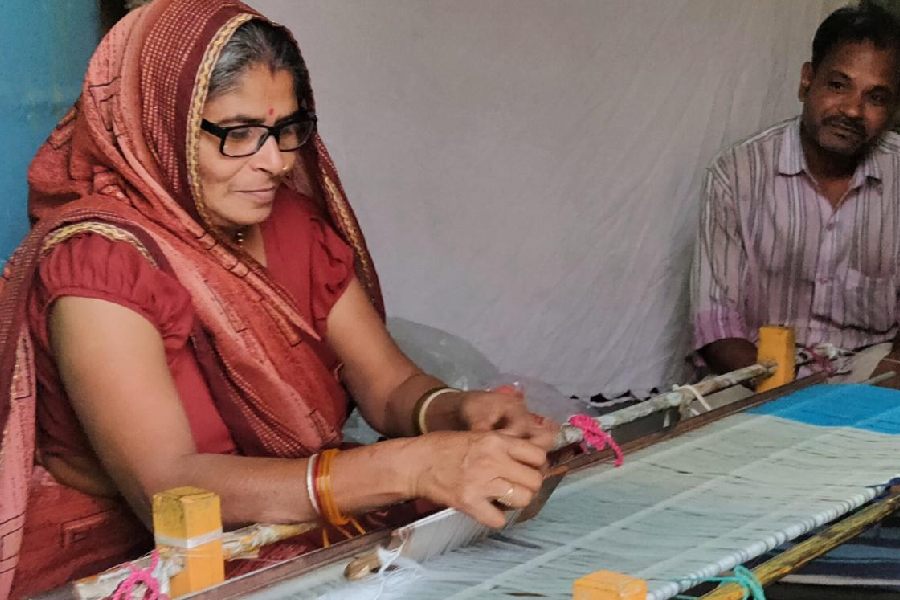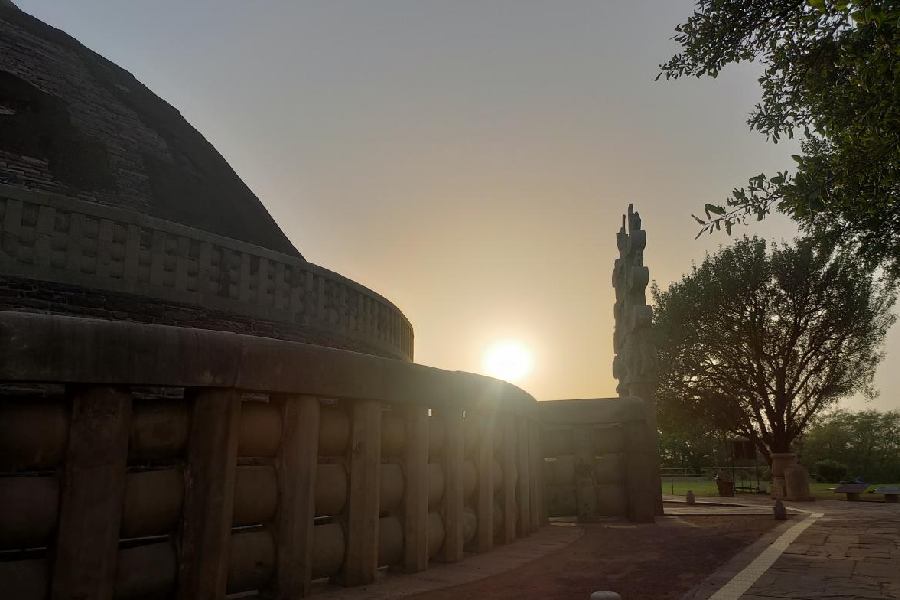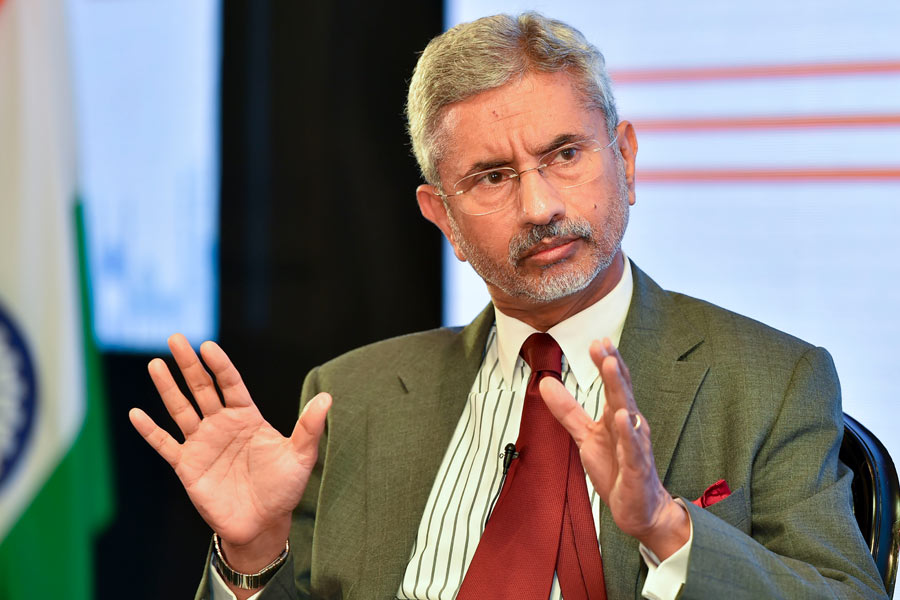India’s lenders were set a November 5 deadline on Saturday to waive penal interest payments on loans in a move that could give relief to millions of people ahead of one of the country’s biggest festivals.
The government was forced to rethink the loan moratorium scheme which allowed borrowers to not pay loan instalments between March and August, but allowed lenders to accrue additional interest on the unpaid sum.
An Indian optician from Agra was among the first to challenge the scheme for making borrowers pay additional “interest-on-interest”.
Earlier this month, the government told the Supreme Court it will waive certain interest levies on loans below
Rs 2 crore to provide relief to eight category of loan takers, including home, education, automobiles, consumer durables, MSMEs and credit card dues.
The court had asked the government to implement the scheme, which will bring relief to millions of borrowers, at the earliest.
The government has said lenders have to credit borrowers on or before November 5. Lenders will have to claim reimbursement from the government by December 15.
The scheme will cost the government about Rs 6,500 crore.
The five-day Diwali festival, which starts on November 14, is a time when houses are re-decorated, big-ticket items purchased, feasts held and gifts exchanged. The court is set to hear the case on November 2.
Ex-gratia amount
The government also said that an “ex-gratia” amount would be given to borrowers with loans up to Rs 2 crore who had not availed the moratorium during the six month period.
“Borrowers who have loan accounts having sanctioned limits and outstanding amounts of not exceeding Rs 2 crore (aggregate of all facilities with lending institutions) as on February 29 shall be eligible for the scheme,” it said.
According to the eligibility criteria mentioned in the guidelines, the accounts should be standard as on February 29, which means it should not be a non-performing asset.
The lending institutions shall credit the difference between compound interest and simple interest with regard to the eligible borrowers in respective accounts for the said period irrespective of whether the borrower fully or partially availed themselves of the moratorium on repayment of the loan announced by the RBI on March 27, 2020.
The circular explained that the rate of interest for education, housing, auto, personal and consumption loans would be as specified in the loan agreement. In cases where no interest is being charged on EMI for certain periods, interest to be applied at lenders’ base/MCLR rate.
For credit card dues, it said that weighted average lending rate charged by the card issuer to be charged and for MSME loans, it would be as specified in loan agreement. For cash credit/overdraft, the contracted rate would apply. Basis of calculation would be according to the prevailing rate on February 29.


